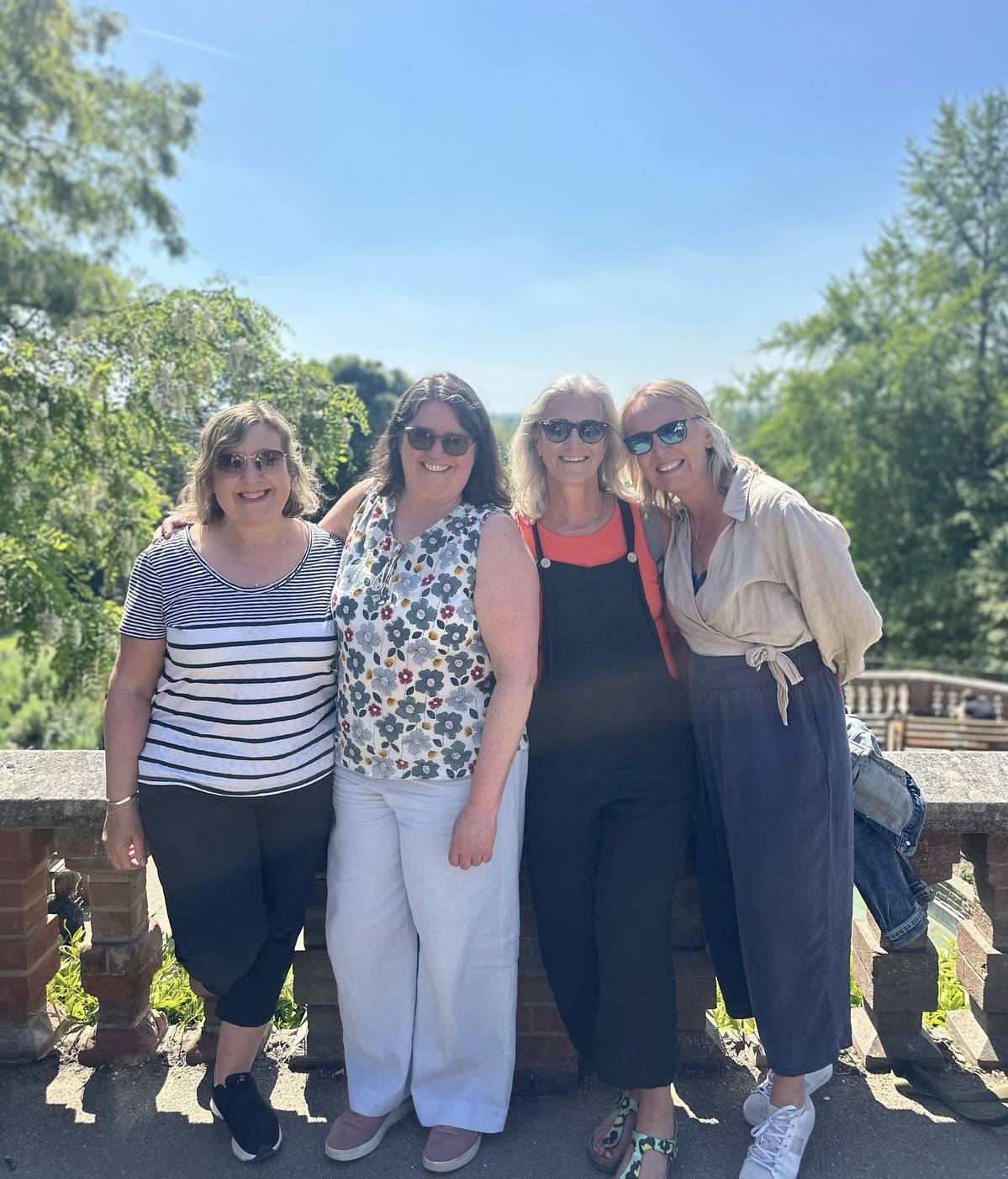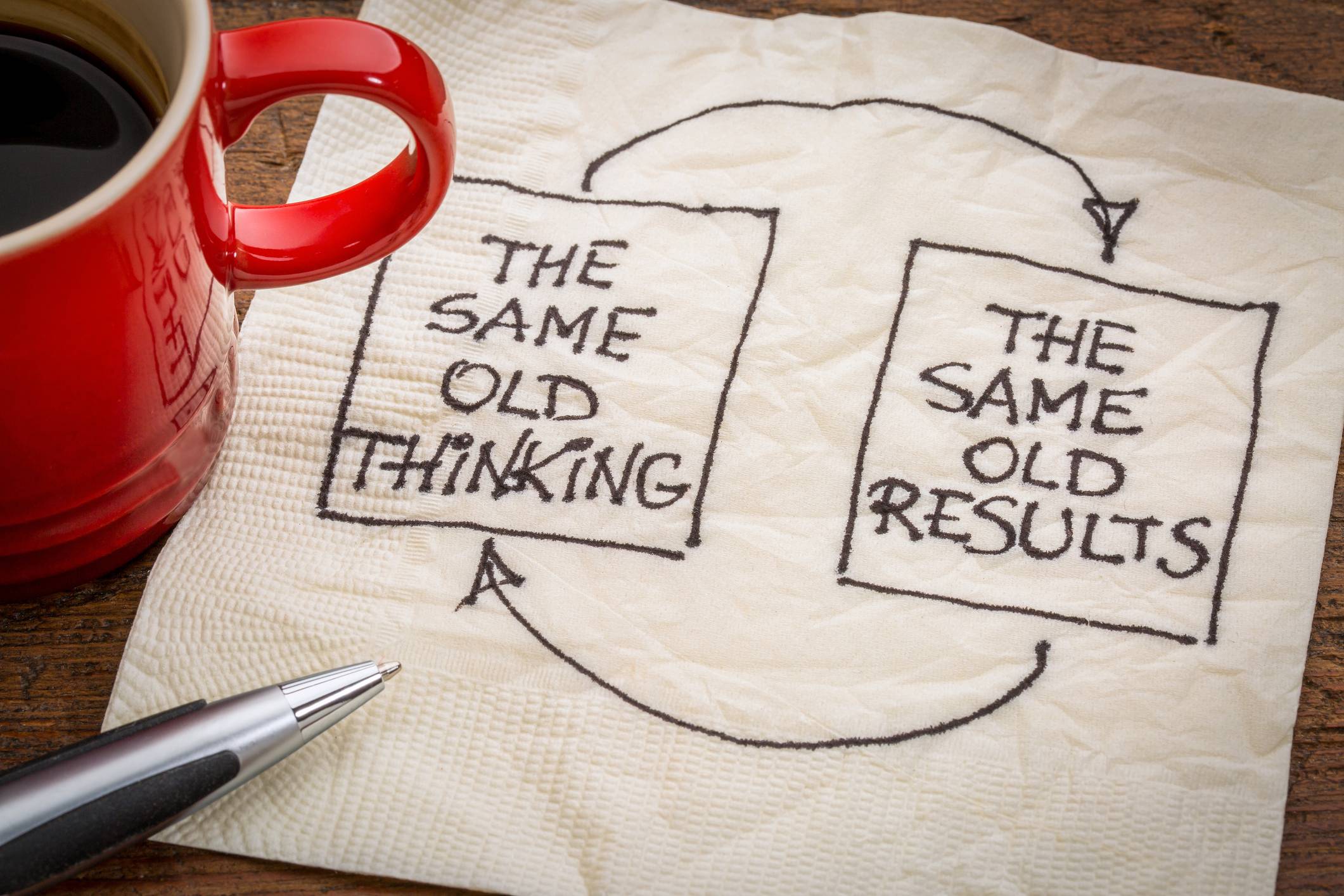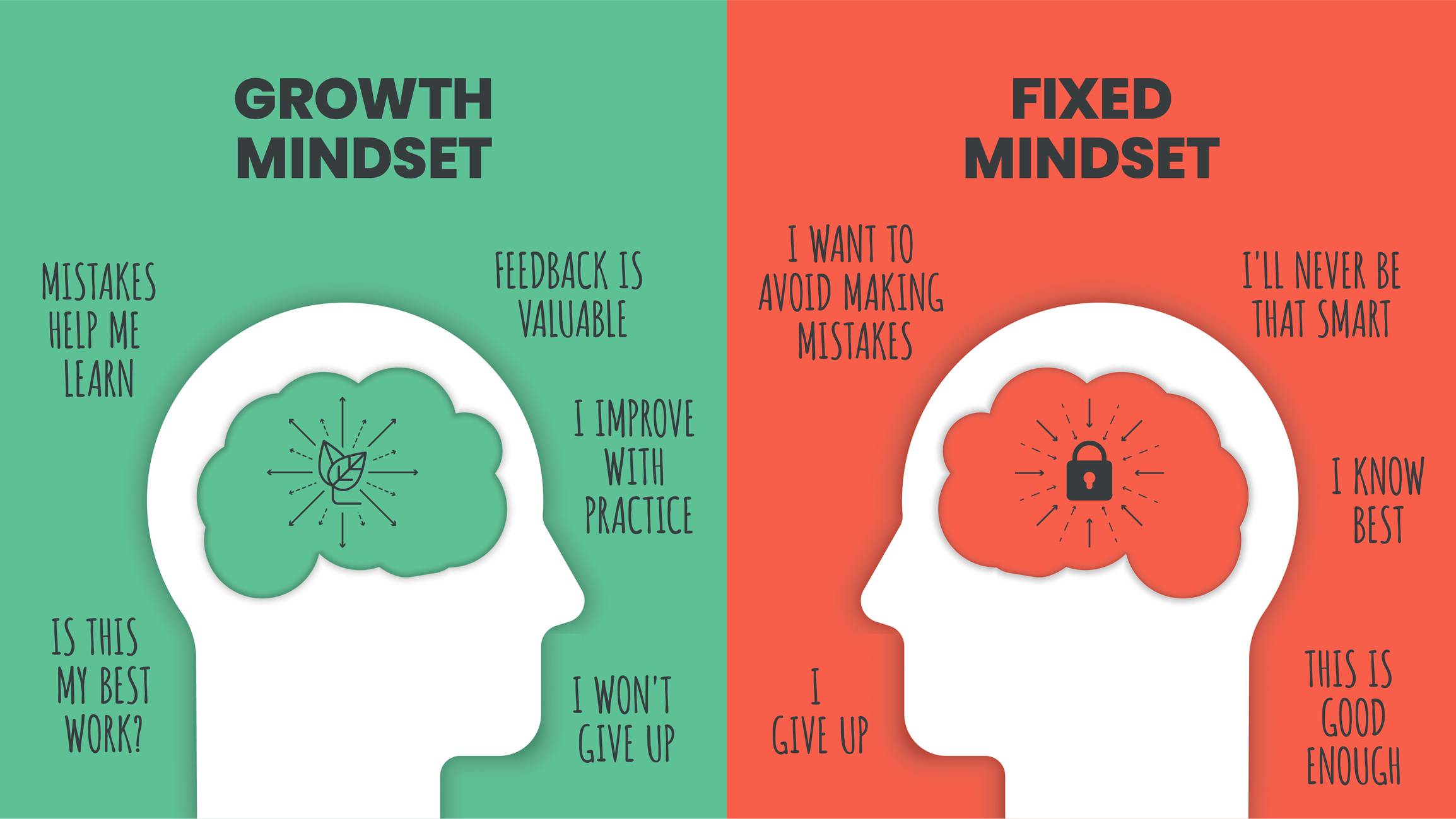Finding career fulfilment comes from the feeling that what we do is contributing to something bigger than ourselves. We want to feel in our element, feel present and engaged, feel supported, comfortable, and confident in our expertise. We thrive when our work is meaningful, and we’re given challenges that enrich our work.
When we know and understand what drives us, we have understood our why. Fulfilling work isn’t just about money or just about happiness but about making constant progress and feeling a sense of purpose.
According to Dan Pink’s motivation model, there are three key elements that drive us: purpose, autonomy, and mastery. Work feels good when we know we’re valued, can make an impact, have the freedom to implement our ideas and develop our expertise.
A career is not a single event but a constantly evolving journey.
So, what if you’ve lost your drive? What if you find yourself questioning your previous career choices and long for something new? What is meaningful to you now might have changed from the time you first entered the world of work. Or your circumstances may have changed which demand a new and different way of working. You may now find yourself feeling trapped in work that is no longer fulfilling. If you’re suffering from Sunday night blues and thinking to yourself – my job makes me miserable – then, read on!
Where do you begin with finding career fulfilment, and how do you get out of your feeling of being stuck?
Here’s 5 steps you can take to kickstart the process of changing your job or career:
- Know and understand your values.
Try the following free values tests:
VIA Survey of Character Strengths
Or you can pay for a Myers Briggs test which will give you insights on your personality and suggested occupations.
- Think about what drives you.
Write a list of all the things you do that energise you, inside and outside of work. Select the top ten and next to each, write a reflection on why this ignites your passion.
- Identify your key strengths.
We often think of strengths as what we’re good at doing but strengths are more than that – they are things we love to do and want to do more of. Write a list and then ask a few friends and colleagues what they think your strengths are. Are there any new insights? Do any themes emerge?
- Become more open to trying something new.
We tend to get stuck in habitual ways of thinking and doing. There are so many decisions to make every single day, it would be incredibly challenging to weigh up each decision we make. We therefore default to what we did last time and this aids quick decision making. Habits are useful for saving time, but they also hamper creativity. We don’t often think about the unconscious habits we’ve formed. Trying something new can open your mind to new possibilities. Start a new adventure, new hobby, or new course you’re interested in and see what new insights you gain.
- Talk to others.
Go on an investigation! Ask others what they love about their work, what gives them energy and what drives them. Just like trying something new, talking to others will give you fresh perspectives and may lead to new discoveries.
In career change, when you begin to get to know yourself and what you want from your work, you can begin the steps to transition to a new and more fulfilling career. The first steps are the hardest but once you open your mind you will find that you set in train events that you could never have anticipated. It’s important to remember that achieving fulfilment in your career is a personal journey and what works for one person may not work for you. It also takes time and experimentation.
Getting to know yourself is the first stage of my career change programme.
If you’re interested in finding out more then book your free consultation below.










